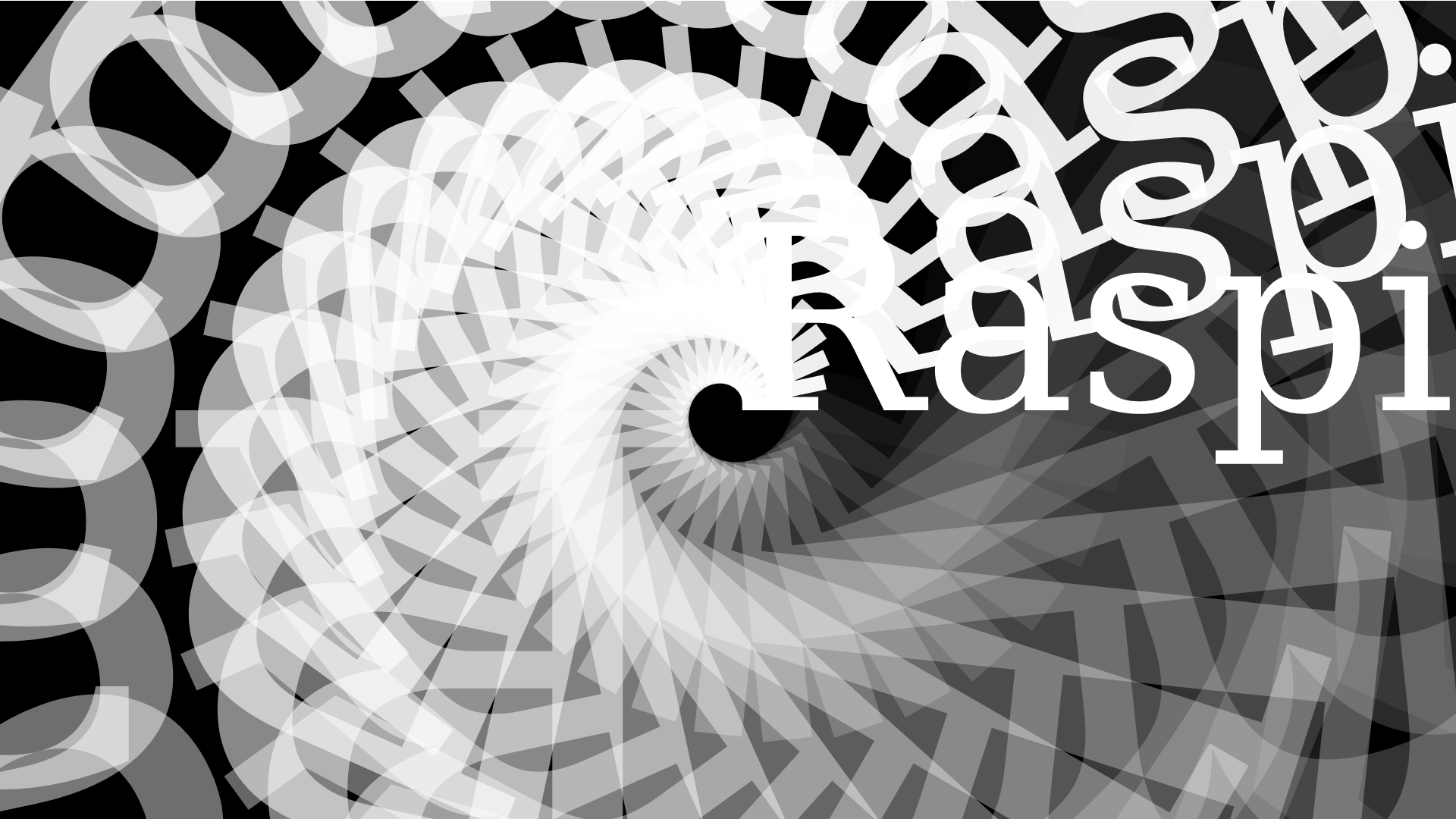EasyVG provides an abstraction layer above native OpenVG, for quickly and easily creating OpenVG contexts and drawing shapes, images, and text.
EasyVG follows standard C and EGL API naming conventions.
EasyVG is fully compatible with the Raspberry Pi.
This project is a fork of OpenVG by Anthony Starks
EasyVG is capable of rendering text.
To use custom TrueType fonts, developers should convert the font into C code use
the font2openvg library, and then
load it the font using loadfont().
There are plans to support loading a font directly from a .ttf file.
The font2openvg repository contains build instructions for building the
font2openvg source. Once the library is built, compile a TrueType font file.
For the below demonstrations, it will be assumed that you are using a source
font file named DejaVuSans.ttf and a compiled output named DejaVuSans.inc.
Once a font is compiled, it can be included in your code like so:
#include "DejaVuSans.inc"
Fontinfo DejaFont
loadfont(DejaVuSans_glyphPoints,
DejaVuSans_glyphPointIndices,
DejaVuSans_glyphInstructions,
DejaVuSans_glyphInstructionIndices,
DejaVuSans_glyphInstructionCounts,
DejaVuSans_glyphAdvances,
DejaVuSans_characterMap,
DejaVuSans_glyphCount);
// Unload the font when done
unloadfont(DejaFont.Glyphs, DejaFont.Count);Note that you will need at least 64 MB of GPU RAM. You will also need the DejaVu fonts, and the jpeg and freetype libraries.
pi@raspberrypi ~ $ sudo apt-get install libfreetype6-dev libjpeg8-dev ttf-dejavu-coreNext, build the library:
pi@raspberrypi ~ $ git clone https://github.com/mgthomas99/easy-vg
pi@raspberrypi ~ $ cd easy-vg
pi@raspberrypi ~/easy-vg $ make
g++ -I/usr/include/freetype2 fontutil/font2openvg.cpp -o font2openvg -lfreetype
./font2openvg /usr/share/fonts/truetype/ttf-dejavu/DejaVuSans.ttf DejaVuSans.inc DejaVuSans
224 glyphs written
gcc -O2 -Wall -I/opt/vc/include -I/opt/vc/include/interface/vmcs_host/linux -I/opt/vc/include/interface/vcos/pthreads -c libshapes.c
gcc -O2 -Wall -I/opt/vc/include -I/opt/vc/include/interface/vmcs_host/linux -I/opt/vc/include/interface/vcos/pthreads -c oglinit.cNext, build the examples:
pi@raspberrypi ~/easy-vg/client $ cd example
pi@raspberrypi ~/easy-vg/client $ make hello
cc -Wall -I/opt/vc/include -I/opt/vc/include/interface/vcms_host/linux -I/opt/vc/include/interface/vcos/pthreads -I.. hello.c -o hello ../build/libshapes.o ../build/oglinit.o -L/opt/vc/lib -lEGL -lGLESv2 -lbcm_host -ljpeg -lpthread
pi@raspberrypi ~/easy-vg/client $ ./helloTo install the library as a system-wide shared library:
pi@raspberrypi ~/easy-vg $ make library
pi@raspberrypi ~/easy-vg $ sudo make installThe EasyVG shapes library can now be used in C code by including shapes.h and
fontinfo.h, and linking with libshapes.so:
#include <shapes.h>
#include <fontinfo.h>pi@raspberrypi ~ $ gcc -I/opt/vc/include -I/opt/vc/include/interface/vmcs_host/linux -I/opt/vc/include/interface/vcos/pthreads anysource.c -o anysource -lshapes
pi@raspberrypi ~ $ ./anysourceSee the LICENSE file for license information.

